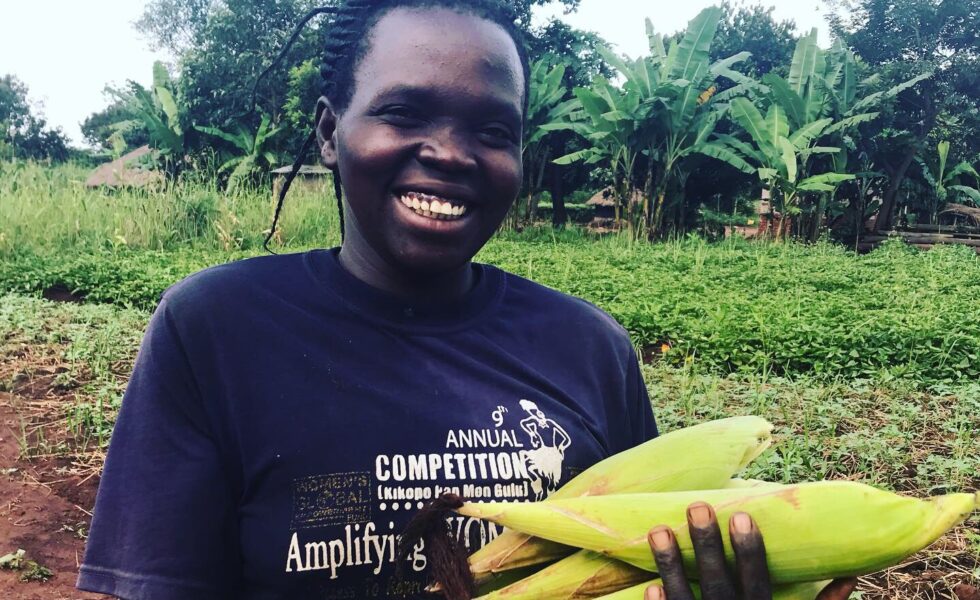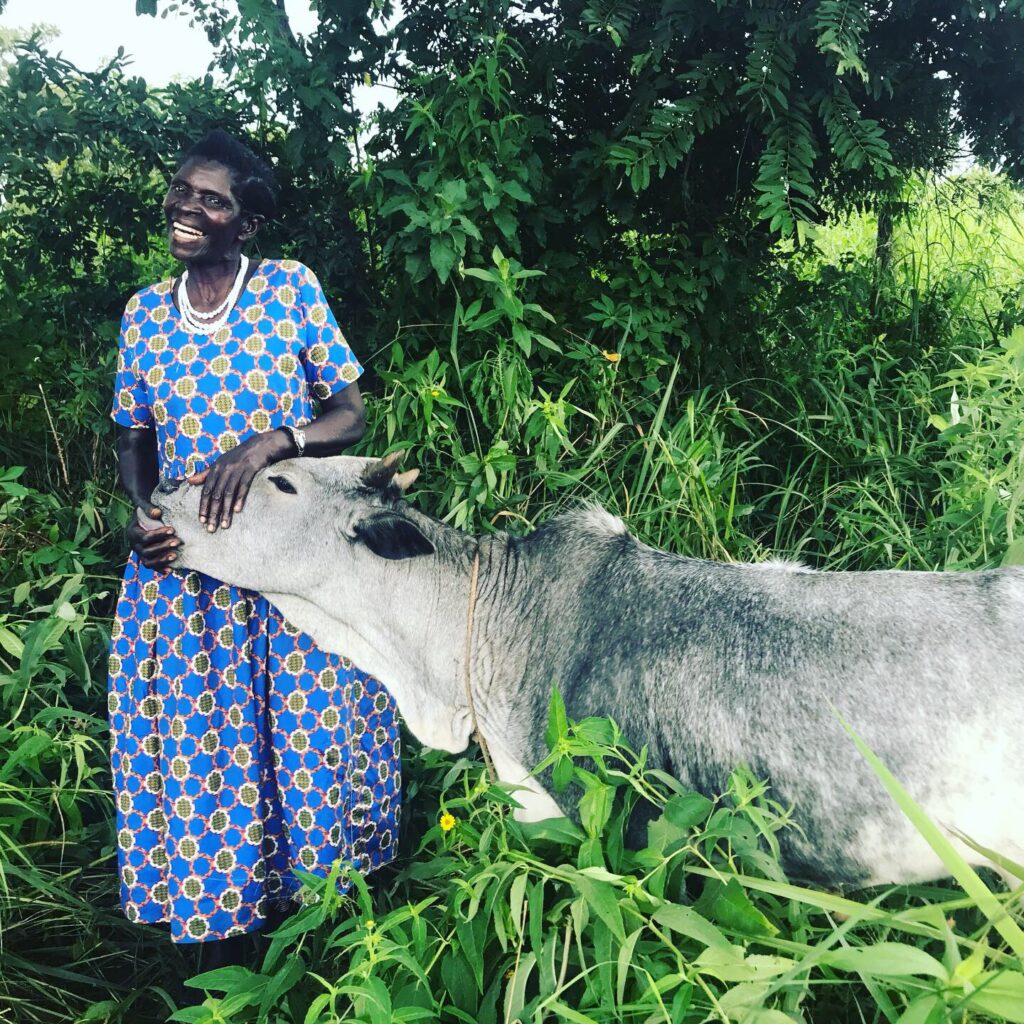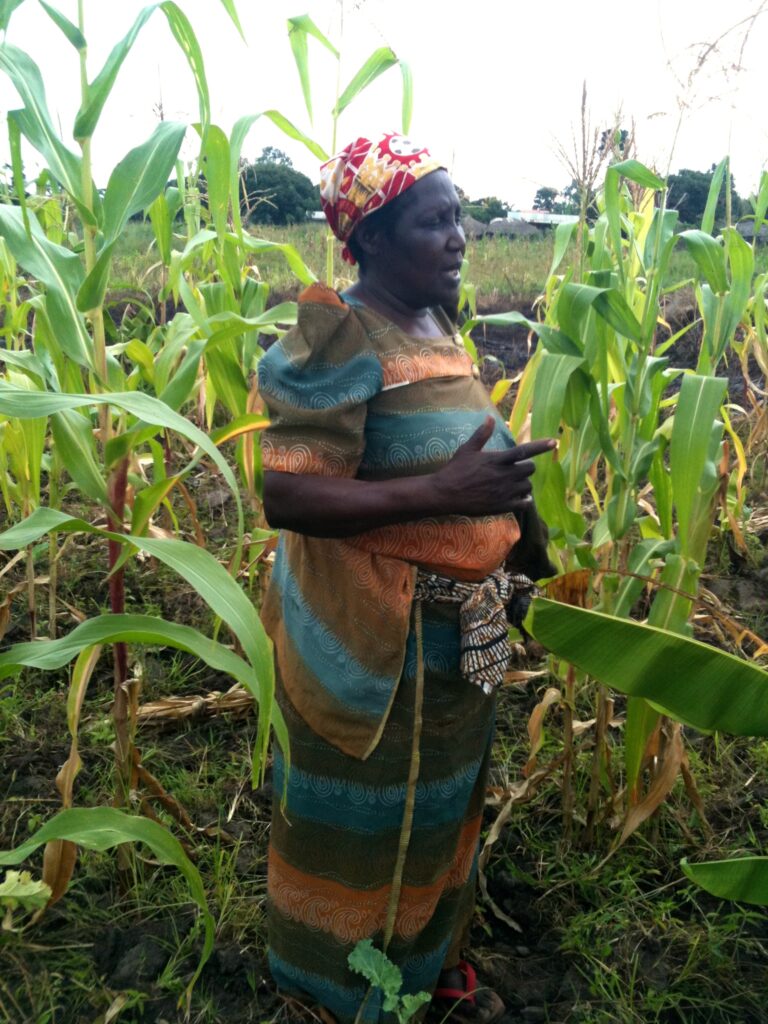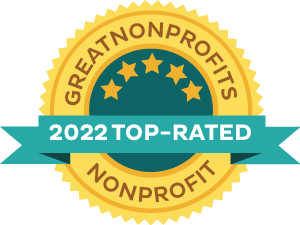Food Forecast: Increasing Food Security Across the Region
Posted on April 5, 2022 by wgefund

Spring, 2022
As we move into 2022 and beyond, food scarcity, shortages, and cost, caused by war, conflict and climate chaos, are creating concern—and the forecast is dire. For the Global South and specific regions, this is even more urgent. UN Secretary General Antonio Guterres predicts a “hurricane of hunger.”
The war in Ukraine is a tragic global event, with geopolitical implications that will create serious issues around food security, deepening poverty, and instability. Russia and Ukraine export a majority of the world’s wheat, 50% to the WFP, and Global South countries, several in North, East, and Central Africa. A protracted war in Ukraine will cause a breakdown of the global food system, with wheat and fertilizer costs soaring, along with higher energy costs, all of which will push food prices to dangerously high levels.
Globally, Russia is the No. 1 wheat exporter with Ukraine at the fifth largest, providing over 30 percent of the global wheat supply. In addition, Russia and Ukraine provide the majority of the world’s sunflower oil and fertilizer, which affects others’ ability to grow wheat to replace lost crops. As spring is the time for planting in Ukraine, the war and conditions will prohibit farmers from planting crops, leading to a dangerous food forecast.
What does this mean for the Global South?
 Historically, high food prices create not only human suffering, but also instability, conflict, and violence. Ukraine provides 50% of the World Food Programme’s wheat supply. This fact alone will severely compromise global efforts to feed the world’s under-resourced people. For example: Yemen is the site of the world’s largest humanitarian crisis, with two-thirds of the population needing humanitarian food assistance. Ukraine provides 30 percent of the country’s wheat imports. Without Ukrainian wheat supplies, the food forecast for Yemen and other vulnerable regions is beyond tragic.
Historically, high food prices create not only human suffering, but also instability, conflict, and violence. Ukraine provides 50% of the World Food Programme’s wheat supply. This fact alone will severely compromise global efforts to feed the world’s under-resourced people. For example: Yemen is the site of the world’s largest humanitarian crisis, with two-thirds of the population needing humanitarian food assistance. Ukraine provides 30 percent of the country’s wheat imports. Without Ukrainian wheat supplies, the food forecast for Yemen and other vulnerable regions is beyond tragic.
Yet, it is not just dwindling wheat exports that create the dire consequences of food shortages. Higher food prices will greatly increase hunger and poor health outcomes. The ability to feed people, support farmers, and sustain food economies will be affected by fertilizer shortages and the high cost of fuel. An estimated increase of 850+ million people may experience hunger and human suffering in some of the world’s most marginalized communities in 2022.
WGEF is pivoting to meet the moment:
All war and conflict disproportionately impacts women and children, and the current war in Ukraine is no different. Our call to global leaders is to end all conflicts. To create a peace and environment where all human rights are respected—and to respect and protect that environment. But until this happens, WGEF is pivoting once again to meet the moment.
Our goal for 2022 is to expand support and resources for our agriculture initiative. This initiative began in 2010 based on the understanding that for Uganda’s northern region to recover from conflict, it must grow its own food. Local food economies are the best way to stave off famine, food insecurity, shortages, inflation, and conflict.
 Currently, WGEF supports 1,196 women involved in our Agriculture and Agri-Business programs who are growing a variety of crops that include corn, sorghum, millet, cassava, and sunflowers for producing sunflower oil for cooking. Each harvest produces between 840,000 and 1.2 million metric tons of maize and sorghum, which supplies local and regional markets. Sorghum and maize are popular and viable substitutes for wheat, which, due to current geopolitical conflicts, will become too expensive and unavailable for many countries in the Global South. Our Agri-Business project supplies and distributes food throughout Uganda, South Sudan, and beyond.
Currently, WGEF supports 1,196 women involved in our Agriculture and Agri-Business programs who are growing a variety of crops that include corn, sorghum, millet, cassava, and sunflowers for producing sunflower oil for cooking. Each harvest produces between 840,000 and 1.2 million metric tons of maize and sorghum, which supplies local and regional markets. Sorghum and maize are popular and viable substitutes for wheat, which, due to current geopolitical conflicts, will become too expensive and unavailable for many countries in the Global South. Our Agri-Business project supplies and distributes food throughout Uganda, South Sudan, and beyond.
Pivoting our focus and resources to our agriculture program—we will increase sunflower crops, wheat substitutes, and corn—lets us bridge the gap and create a more sustainable food system. Local food economies are the only way to ensure people have access to fresh, diverse, affordable, and consistent food sources.
Food aid is not sustainable, and the global food infrastructure, as we understand, is vulnerable to changing global events. By supporting WGEF’s Agriculture Program, you are preventing hunger, food shortages, and human suffering. This program is proven, efficient, sustainable, and led by courageous women who are the food producers of Africa. Together we can make a difference.
For more information, please contact Karen Sugar, email hidden; JavaScript is required
Category: Front Slideshow, News Tags:
 Women's Global Empowerment Fund
Women's Global Empowerment Fund